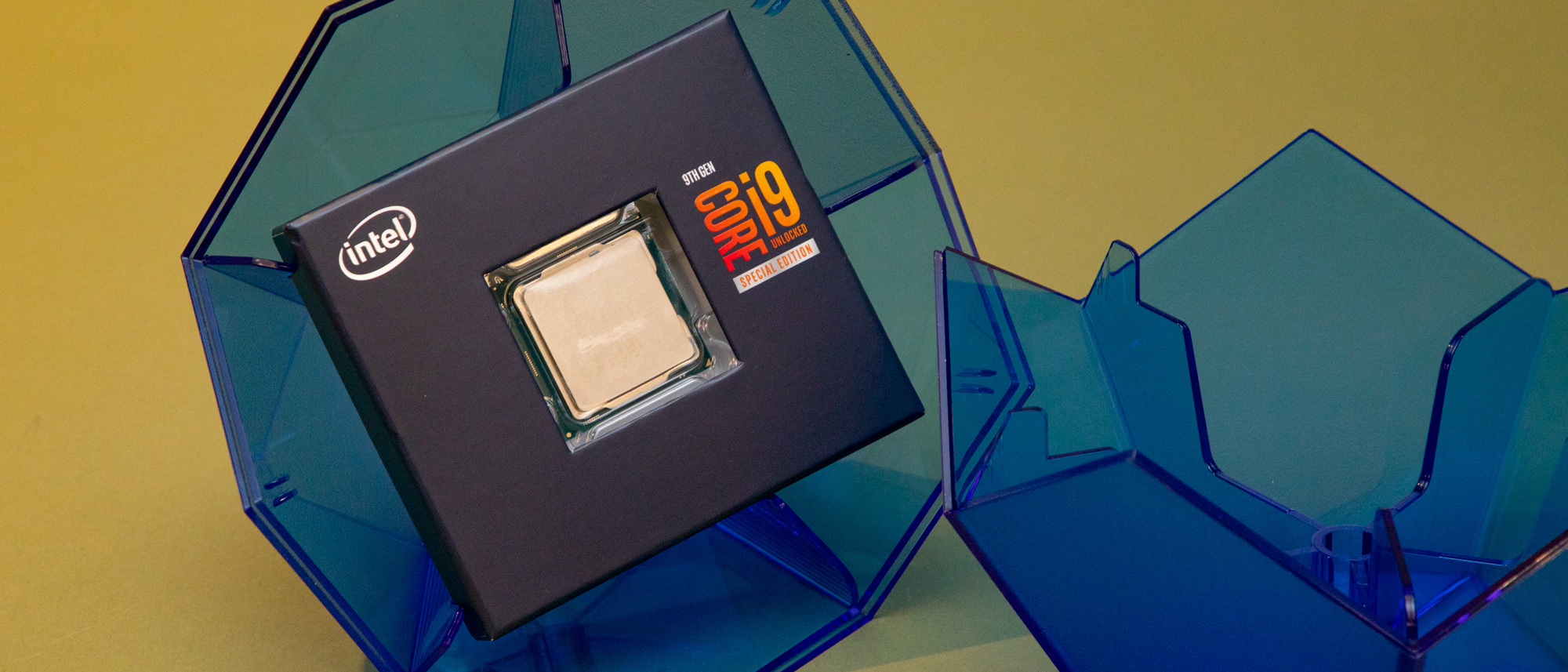TechRadar Verdict
The Intel Core i9-9900KS is the fastest mainstream processor in Intel's lineup, making it one of the best processors for gaming. But, when it comes to multi-core workloads, it fails to bridge the gap to the AMD Ryzen 9 3900X.
Pros
- +
Excellent performance
- +
Still the best gaming chip
Cons
- -
Expensive
- -
Gets hot
- -
Falls behind in multi-core performance
Why you can trust TechRadar
The Intel Core i9-9900KS arrives in an odd time for Intel: its latest desktop platform is a year older, and it continues to lose market share to a rival that it was handily defeating just a few years ago. This processor, then, kind of says a lot about where the processor manufacturer is in 2019, and it's not exactly the prettiest picture.
The Intel Core i9-9900KS, is, essentially, an overclocked Intel Core i9-9900K that can hit 5.0GHz on all cores right out of the box. The problem, however, is that the 9900K is a year old, and struggles to compete with AMD's current-generation processors in all but the most strictly single-core applications.
That said, this processor is simply not enough to convince either PC enthusiasts or newcomers to side with Team Blue over Team Red, especially if multitasking is a priority.
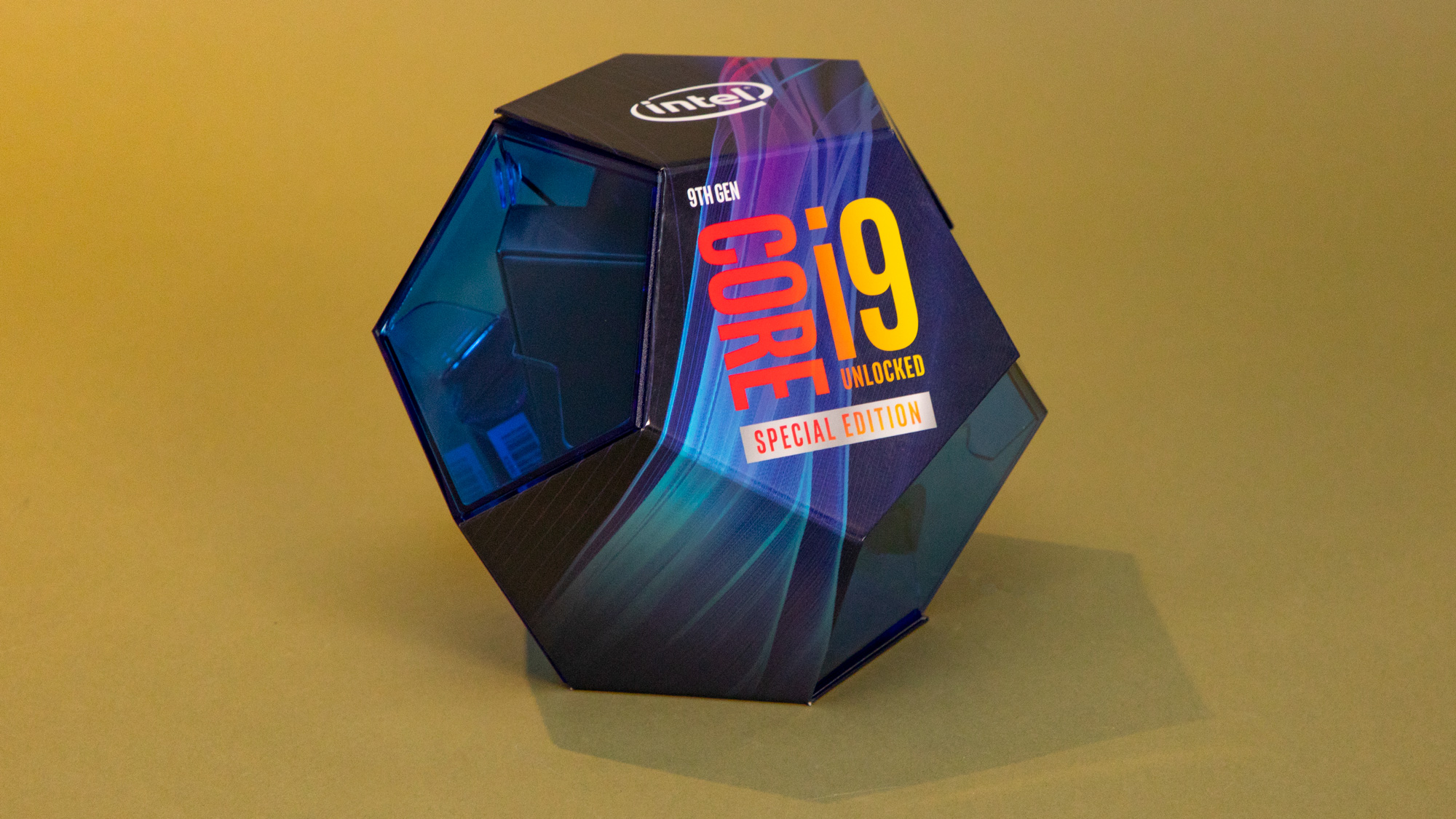
Price and availability
The Intel Core i9-9900KS is available worldwide for $599 (£549, AU$899). That's a pretty sizable jump over the Intel Core i9-9900K, which you can find for $471 (£479, AU$799) or even the flagship AMD Ryzen 9 3900X, which is available for $529 (AU$551, AU$809). It should be noted, too, that AMD's chip has four more physical cores – even if Intel's single-core performance is still ahead of AMD.
We're not sure if this bump in price is absolutely necessary, though we could see the price fall to a more reasonable level in the future – Intel's pricing guidance suggests a price between $513-$524 in the US, a much more reasonable figure.
And, with Black Friday and Cyber Monday quickly approaching, it will be easy to find an Intel Core i9-9900K on sale and just do a quick overclock to have it reach the same levels of performance, potentially saving you a huge wad of cash. That is, of course, if you're comfortable overclocking, which many people just aren't.
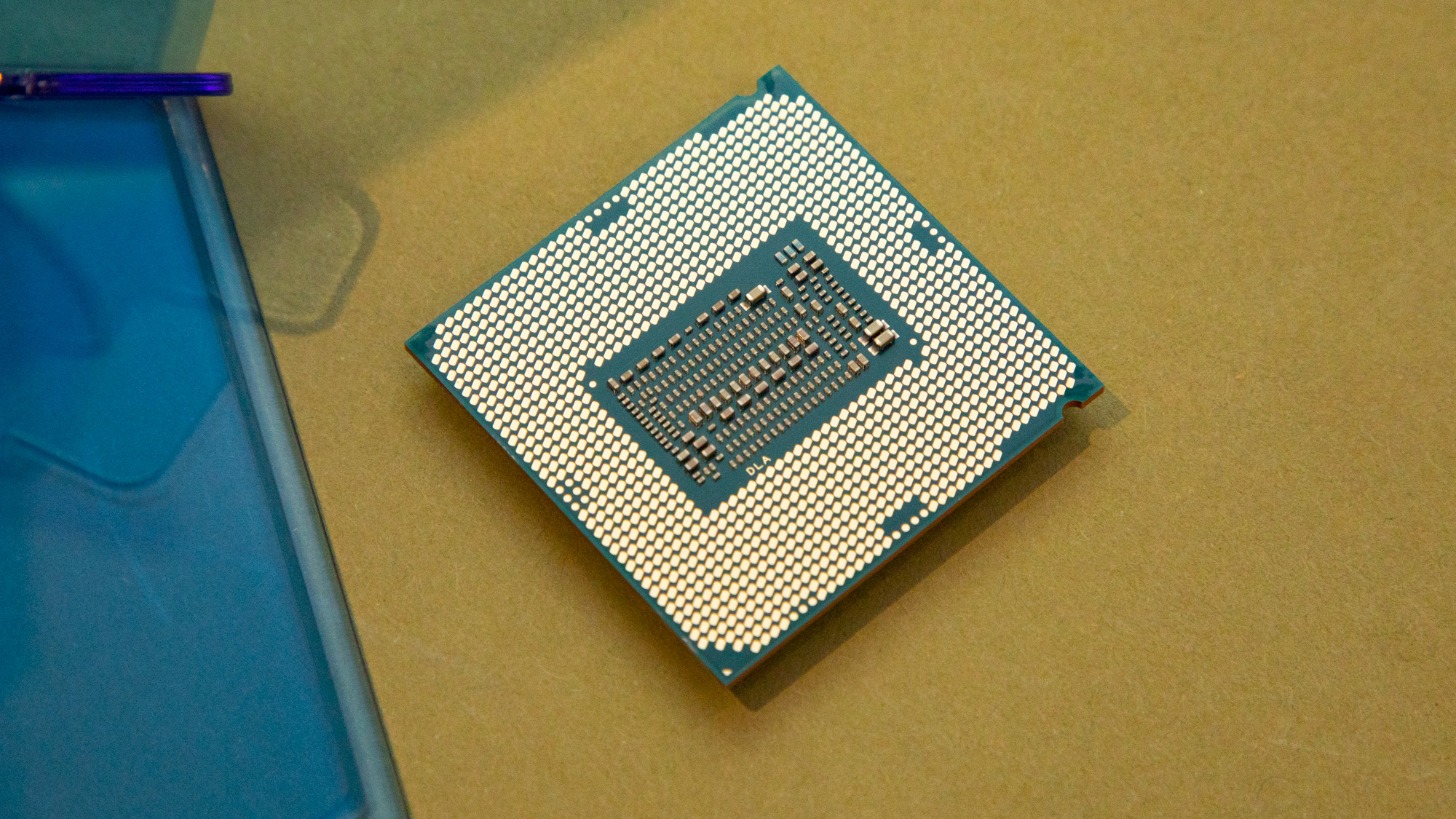
Features and chipset
The Intel Core i9-9900KS is essentially a tweaked Intel Core i9-9900K, which means a lot of the specs carry over. It's still an 8-core, 16-thread processor, with 16MB of cache.
The core difference is TDP (Thermal Design Power) and clock speed: this chunk of silicon sees the TDP jump to 127W from 95W, with the base clock speed jumping to 4.0GHz from 3.6GHz. This leads to the core selling point of this "Special Edition" processor – the Core i9-9900KS hits a boost clock of 5.0GHz across all cores, rather than just two cores on the original 9900K.
This boost in TDP does see temperatures go up, however. Even using the NZXT X52 AIO, temperatures climbed up to 87°C during our testing. That's fine, and well within operating limits, but it does mean that there likely won't be much room for further overclocking, unless you're using an especially powerful CPU cooler.
This processor is still running on Coffee Lake Refresh microarchitecture, which itself is yet another refinement of Intel's 14nm manufacturing process that it's been using since Broadwell, which came out 5 years ago. However, this refinement of the 14nm process does see higher performance than ever before, but we wonder how much further Intel can push it.
The good part of that, however, is that you can still use a Z370 or Z390 motherboard with the Intel Core i9-9900KS, though you will have to update the BIOS.
At the end of the day, however, the Intel Core i9-9900KS doesn't really bring anything new to the table. It's just another Coffee Lake Refresh processor to bridge the gap to whatever 10th-generation Intel Core processors look like. That's all well and good, but the performance really needs to be there to justify this processor's existence.
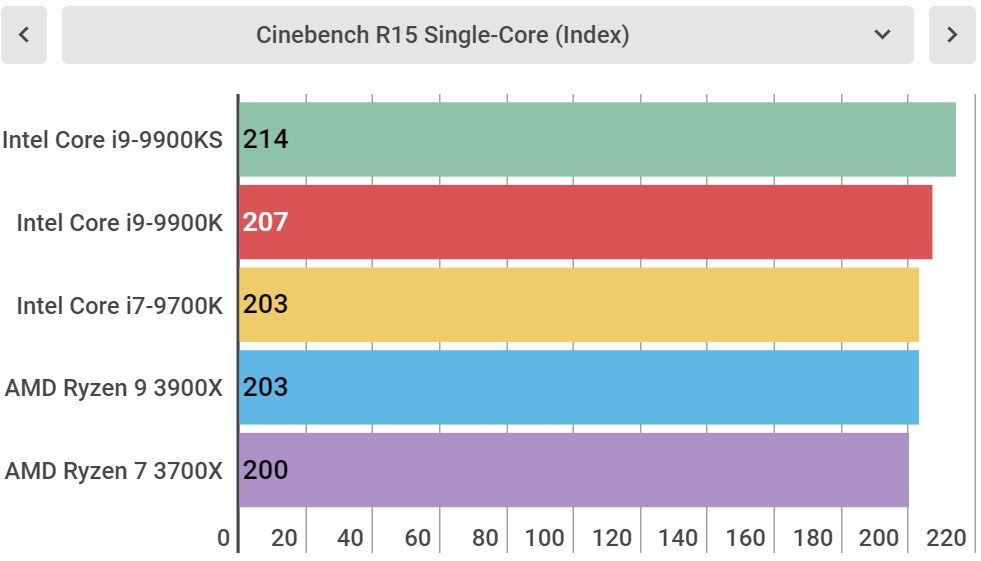
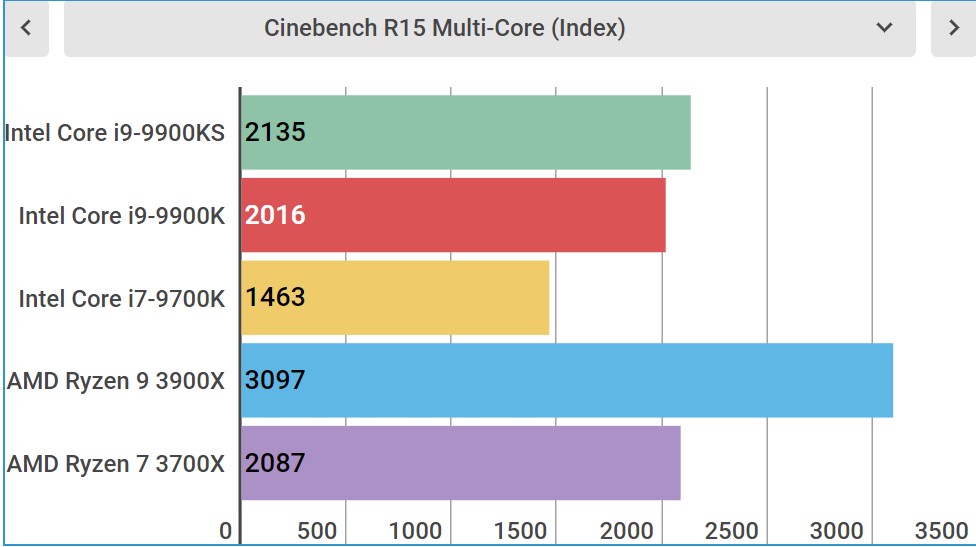
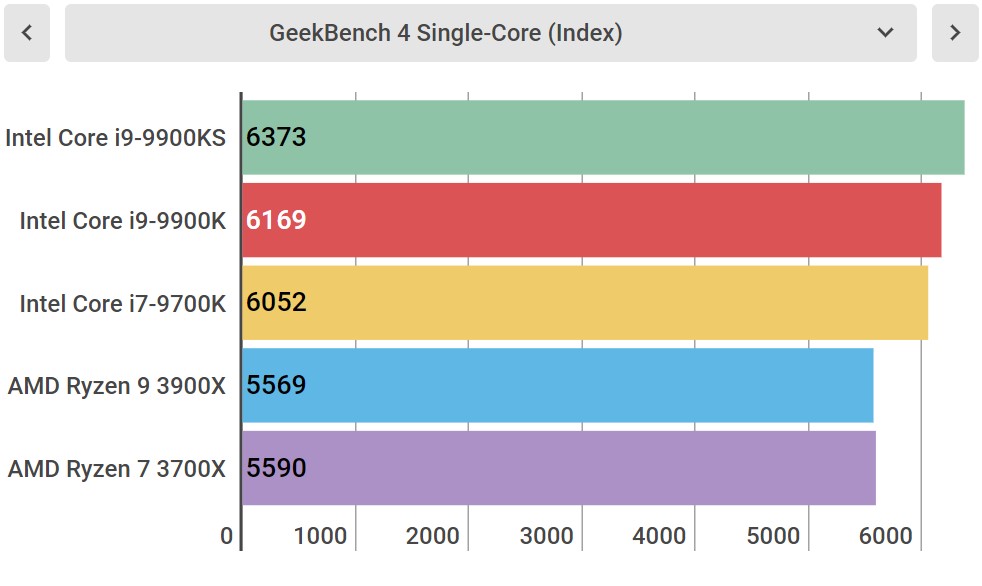
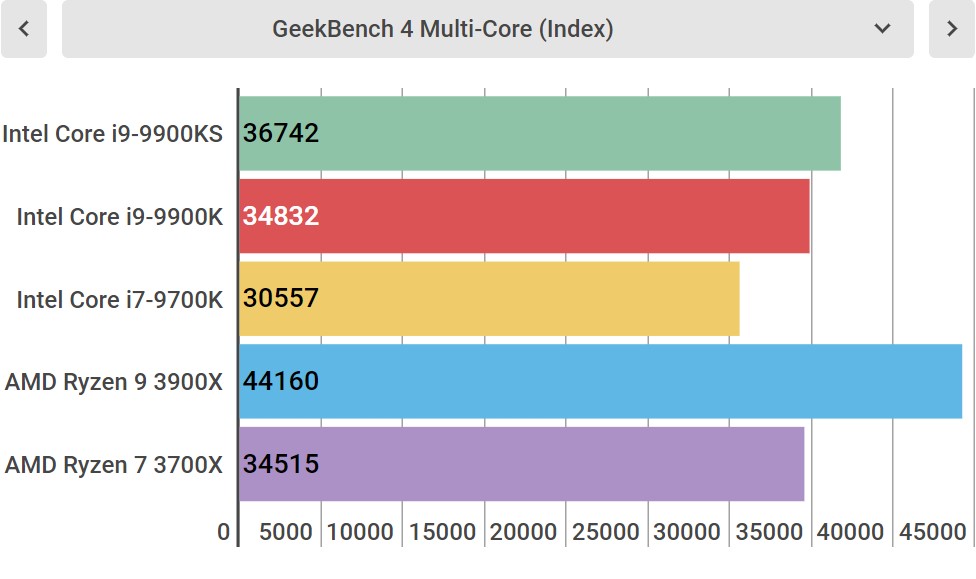
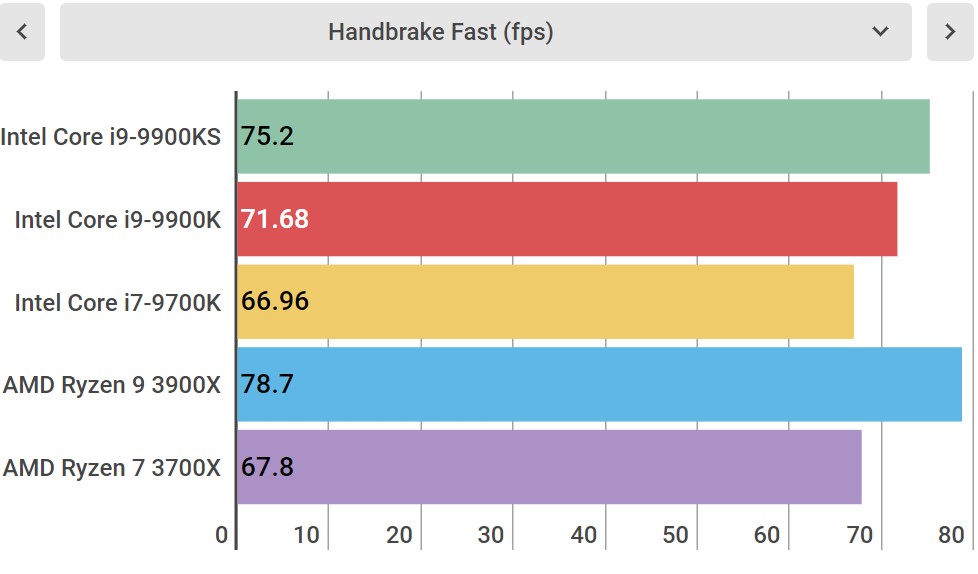
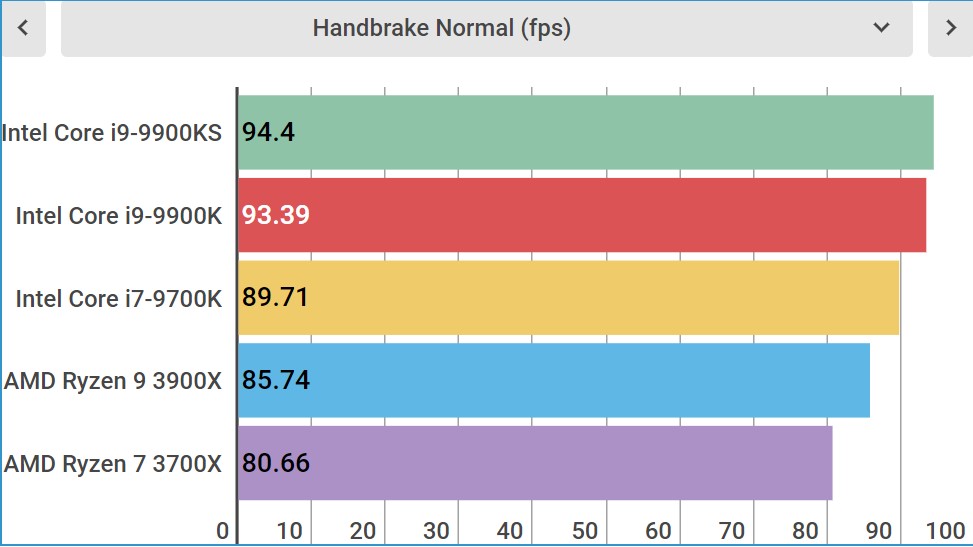
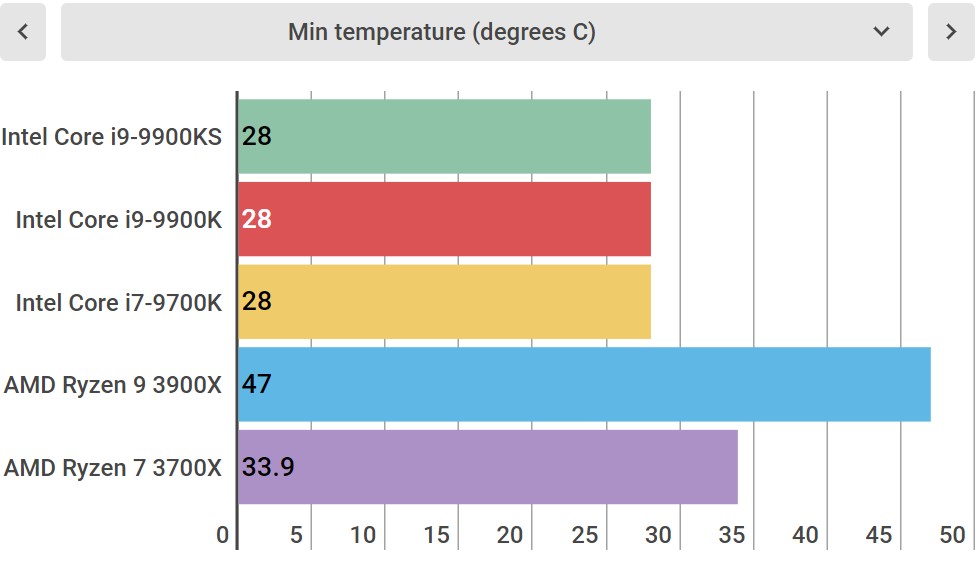
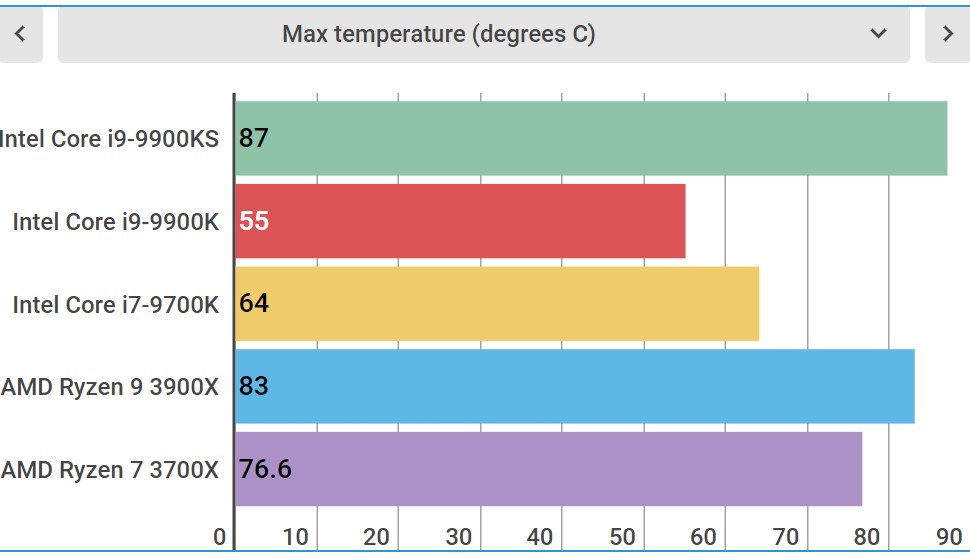
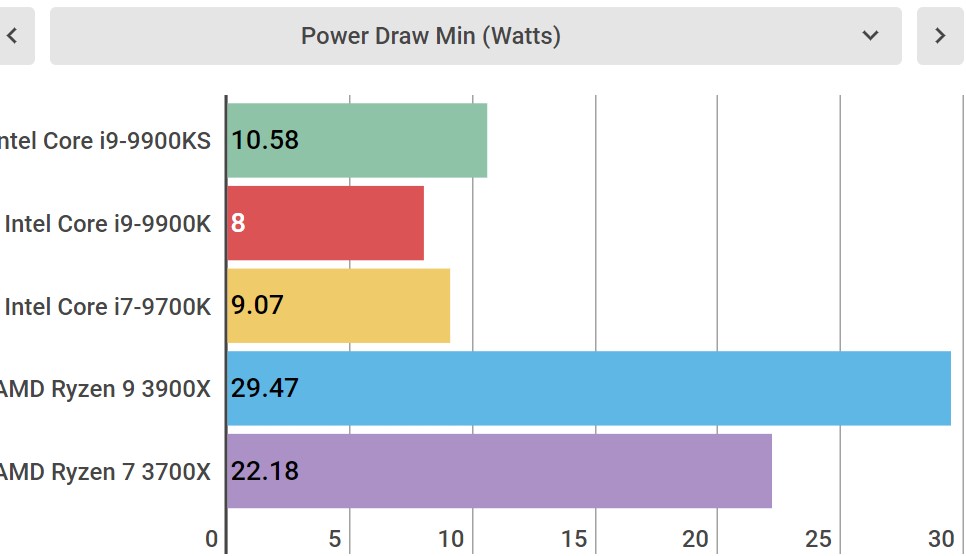
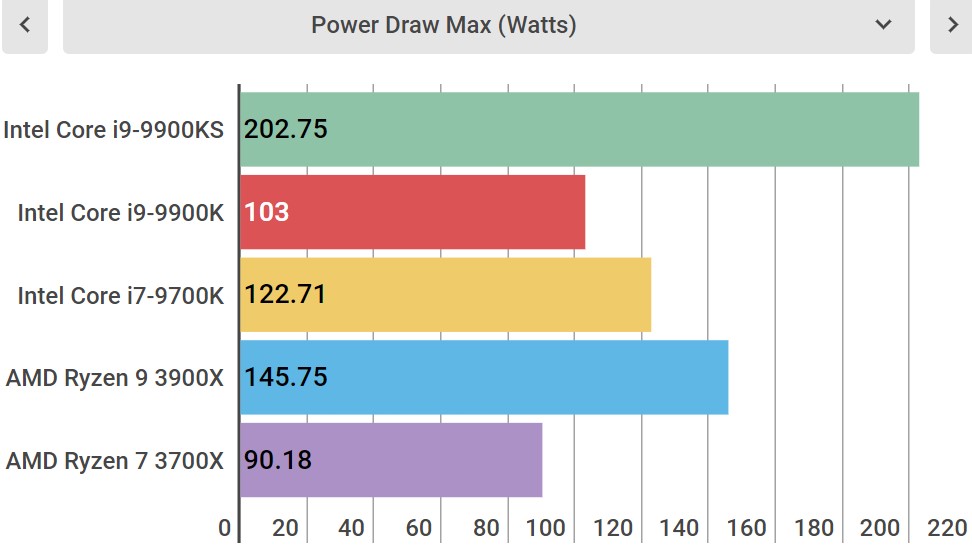
Performance
The performance of the 9900KS is, in a word, fine. It's marginally faster than the Intel Core i9-9900K, especially in multi-core workloads, thanks to that higher all-core boost clock.
In our testing, the new Intel Core i9-9900KS is about 5% faster than the 9900K in the GeekBench 4 multi-core test. However, that gap narrows to just 3% in the single-core test. Then, with Handbrake's fast preset, the 9900KS is again just 5% faster. The comparison gets grim when we look at gaming however, with the newer chip basically matching the performance of the original Core i9-9900K. So, if you're in the market for the world's best gaming chip, you can probably still get away with the original 9900K.
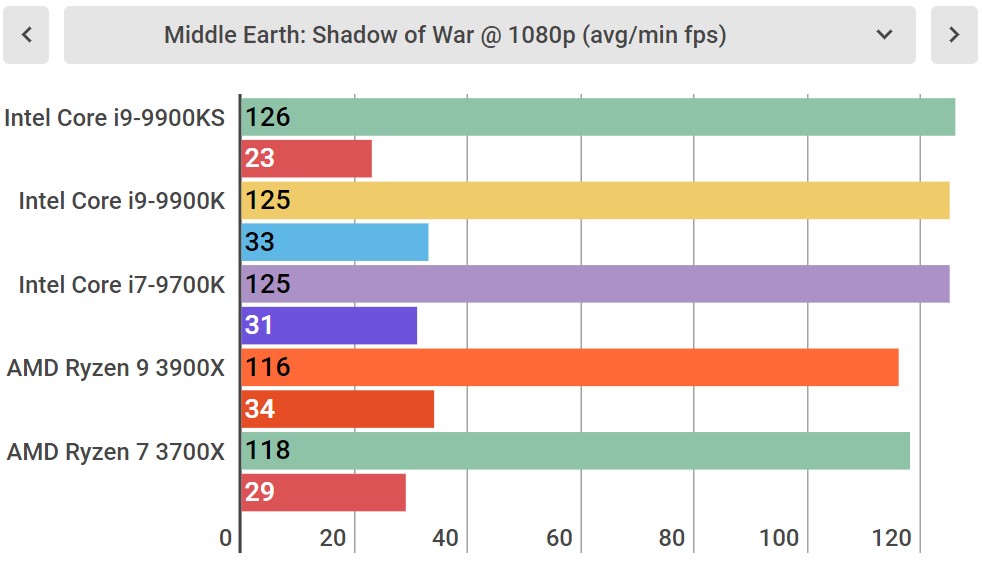
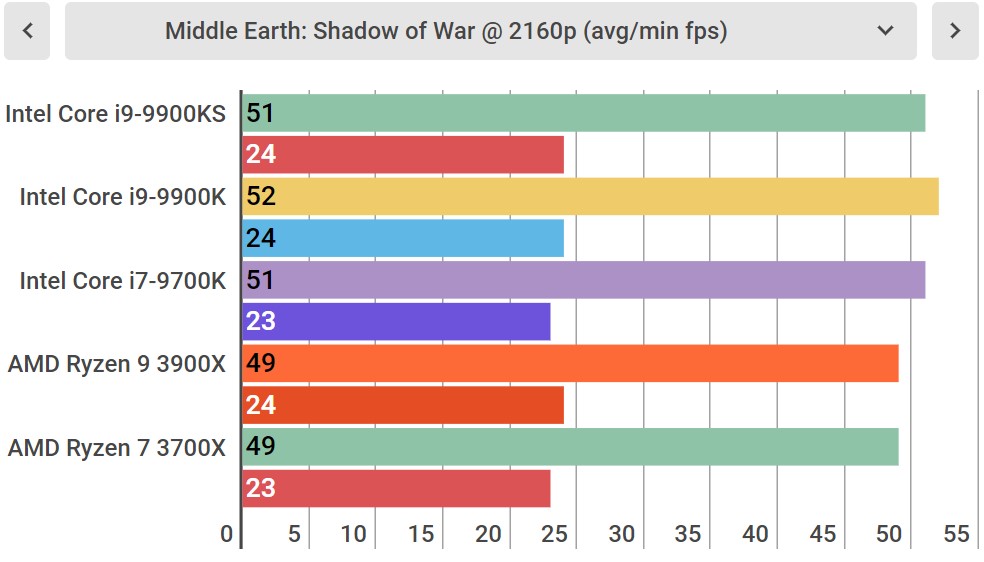
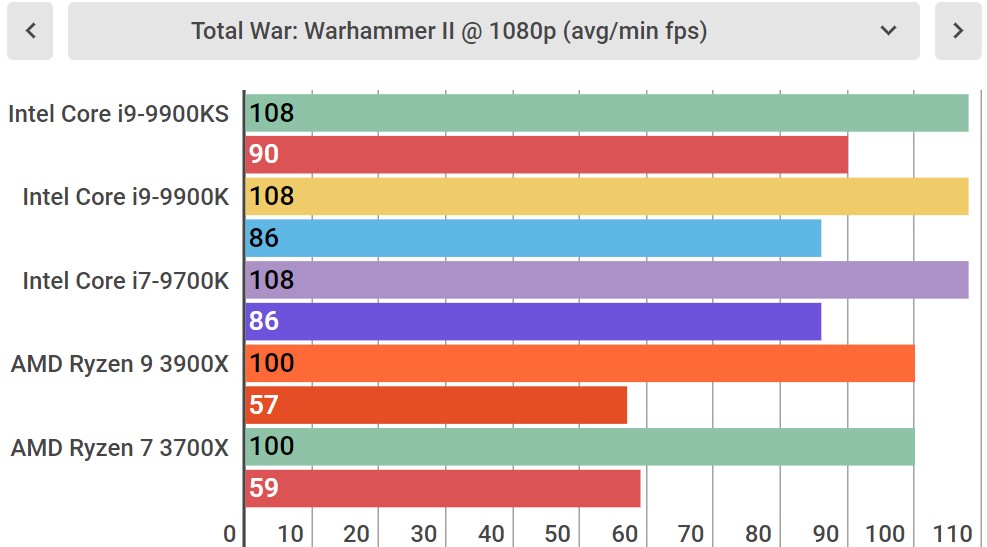
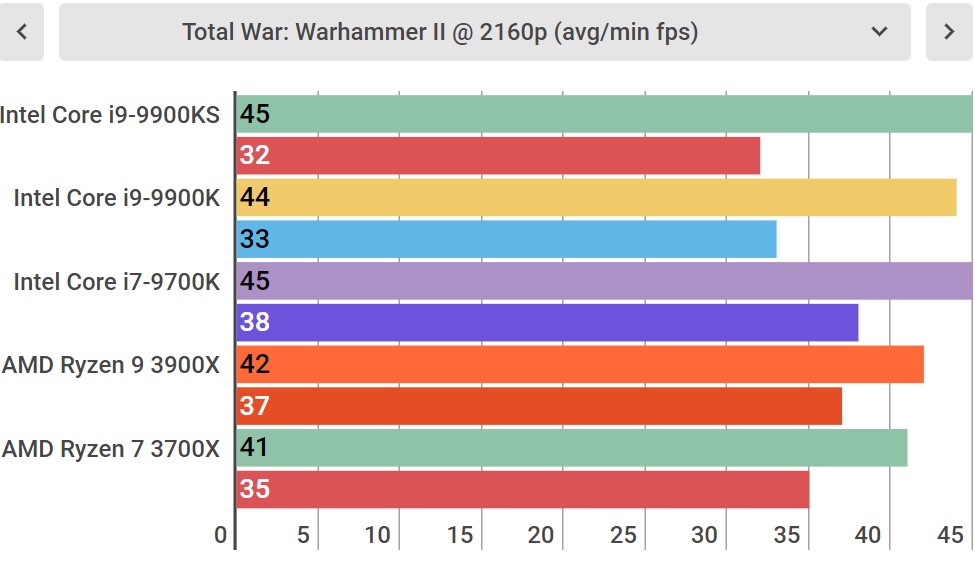
Things get a little more interesting when we take a look at the competition between AMD and Intel, however. Now, in multi-core workloads, it shouldn't be too much of a surprise that AMD wins in the same price category. For instance, in GeekBench, the Ryzen 9 3900X absolutely trounces the Intel Core i9-9900KS, scoring 44,160 points to Intel's 36,742.
However, when it comes to gaming, Intel is admittedly still on top of the world. In Middle Earth: Shadow of War at 1080p, the Intel Core i9-9900KS is able to get 126 fps, whereas the Ryzen 9 3900X is still at 116 fps. Ditto for Total War: Warhammer 2, where the Core i9-9900KS gets 108 fps to AMD's 100. This is primarily thanks to the stronger single core performance on offer.
The Intel Core i9-9900KS is, without a doubt, the fastest mainstream processor in Intel's pocket. But, if you're doing anything other than gaming, you will likely see better performance with the Ryzen 9 3900X. So, really, if you're deciding between these two expensive processors, the question you have to ask is what you're going to be doing on your PC. If you're absolutely confident that multi-core computing isn't necessary for your workload, the 9900KS will be the best processor for you. But, you may need to think twice if you're a streamer or do other kinds of content creation.
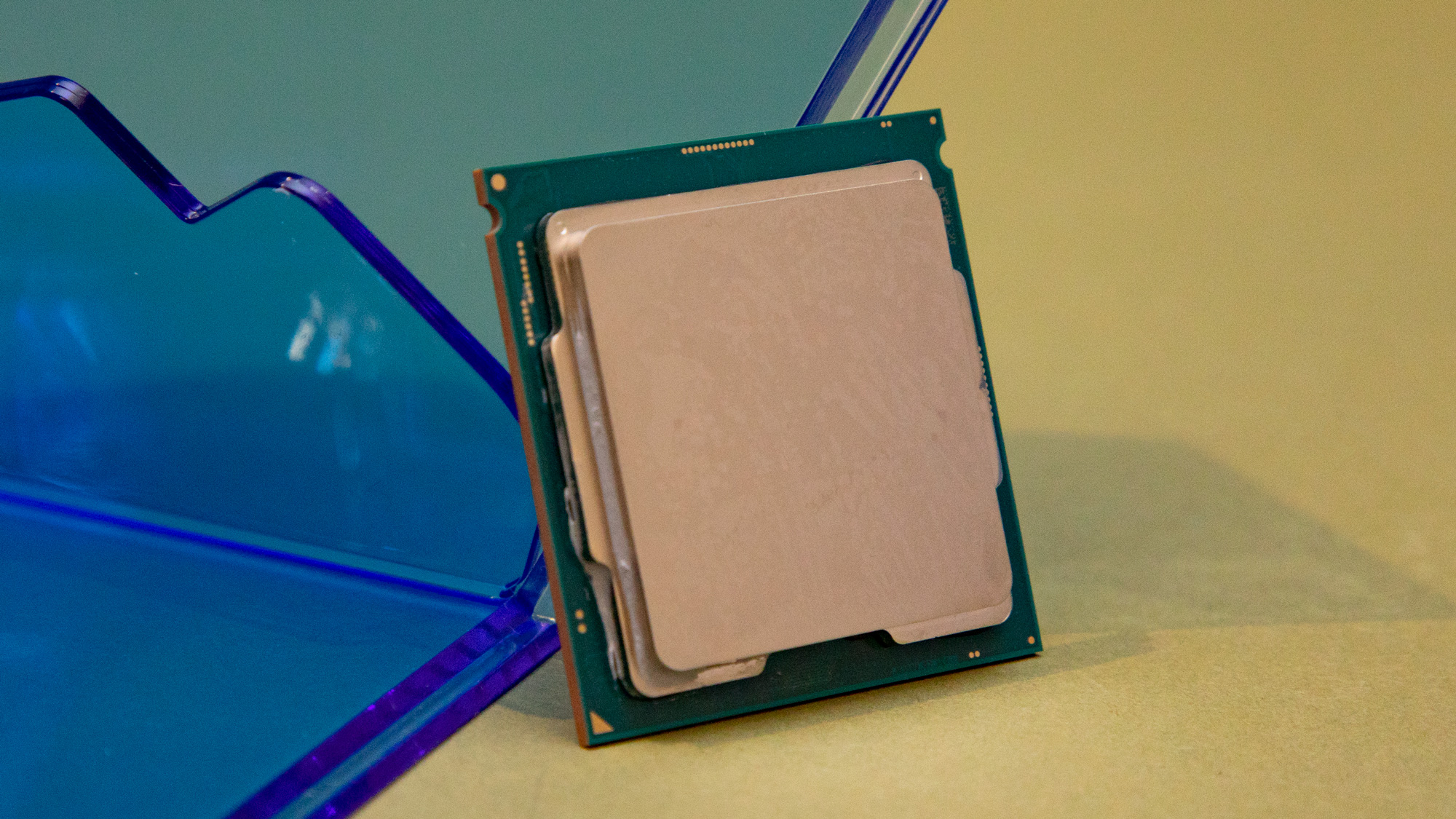
Final Verdict
Look, in the current processor landscape, this chip doesn't have much of a reason to exist. You can get similar performance from a 9900K by simply overclocking, rather than paying an extra $128 (£70, AU$100). However, if you are uncomfortable with overclocking, you can get better performance right out of the box.
At the end of the day, the Intel Core i9-9900KS is hard to recommend when the original 9900K exists. When it comes to value, the 9900K is still one of the best processors on the market, so if you're looking for the best CPU for gaming, we'd still recommend the original flavor.
Jackie Thomas is the Hardware and Buying Guides Editor at IGN. Previously, she was TechRadar's US computing editor. She is fat, queer and extremely online. Computers are the devil, but she just happens to be a satanist. If you need to know anything about computing components, PC gaming or the best laptop on the market, don't be afraid to drop her a line on Twitter or through email.
